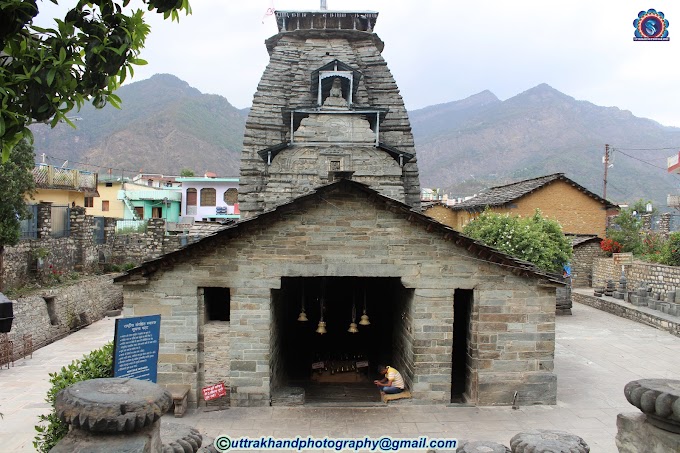 |
| What is Article 332 of Indian constitution |
Article 332 of the Indian Constitution
Title: Reservation of seats for Scheduled Castes (SCs) and Scheduled Tribes (STs) in the Legislative Assemblies of the States
📘 Purpose:
Article 332 provides for reservation of seats in the State Legislative Assemblies (Vidhan Sabhas) for SCs and STs based on their population proportion in each state.
🔍 Key Provisions of Article 332:
| Aspect | Details |
|---|---|
| Reservation For | - Scheduled Castes (SCs) |
-
Scheduled Tribes (STs) |
| Applies To | Legislative Assemblies of all Indian states |
| Basis of Reservation | Proportion of SC/ST population in each state |
| Delimitation | Reservation is applied during delimitation of constituencies |
| Special Provisions | - STs in Assam, Nagaland, Meghalaya, Mizoram and other special areas may have unique representation rules |
| Does NOT Apply To | Union Territories without Legislative Assemblies (e.g., Chandigarh) |
| Extension Period | Originally 10 years; extended multiple times — now valid till 2030 (via 104th Amendment) |
📊 Summary Chart: Article 332 – SC/ST Reservation in State Assemblies
| Category | Reservation in State Assembly? | Basis | Delimitation Role |
|---|---|---|---|
| Scheduled Castes | ✅ Yes | Proportion of SCs in state population | Seats reserved by Delimitation Commission |
| Scheduled Tribes | ✅ Yes | Proportion of STs in state population | Especially protected in tribal regions |
| Anglo-Indians | ❌ No (Ended in 2020) | Nominations repealed | Not applicable |
✅ Example:
| State | SC Population (%) | ST Population (%) | Reserved Seats (Approx.) |
|---|---|---|---|
| Uttar Pradesh | ~21% | <1% | SC – 86 seats, ST – 2 seats |
| Jharkhand | ~12% | ~26% | SC – 9 seats, ST – 28 seats |
| Madhya Pradesh | ~15% | ~21% | SC – 35 seats, ST – 47 seats |
🧠 Why Article 332 Matters:
-
Ensures inclusive political participation at the state level
-
Reflects India’s commitment to social justice and equality
-
Empowers marginalized communities in state lawmaking processes
Here is a 📊 Comparative Chart of Article 330 vs. Article 332 of the Indian Constitution — highlighting SC/ST seat reservation in Lok Sabha and State Legislative Assemblies:
🏛️ Reservation for SCs & STs: Article 330 vs. Article 332
| Feature | Article 330 | Article 332 |
|---|---|---|
| Title | Reservation of seats for SCs & STs in Lok Sabha | Reservation of seats for SCs & STs in State Legislative Assemblies |
| Applies To | Lok Sabha (House of the People) | Vidhan Sabhas (State Legislative Assemblies) |
| Reservation For | - Scheduled Castes (SCs) |
-
Scheduled Tribes (STs) | - Scheduled Castes (SCs)
-
Scheduled Tribes (STs) |
| Basis of Reservation | Proportion of SC/ST population in the State/UT | Proportion of SC/ST population in the State |
| Special Areas Covered | STs in Assam autonomous districts | STs in Nagaland, Mizoram, Meghalaya, Assam tribal areas (custom rules) |
| Reservation Period Validity | Till 2030 (104th Constitutional Amendment) | Till 2030 (104th Constitutional Amendment) |
| Anglo-Indian Reservation | ❌ Ended in 2020 (Article 331 repealed) | ❌ Ended in 2020 (Article 333 repealed) |
| Reservation Updated By | Delimitation Commission | Delimitation Commission |
| Key Role | Ensures marginalized communities are represented in national lawmaking | Ensures SC/ST representation in state governance |
🧠 In Simple Terms:
-
Article 330 → SC/ST reservation in Lok Sabha
-
Article 332 → SC/ST reservation in State Assemblies
-
Both based on population, both extended till 2030

.jpg)


















Follow Us